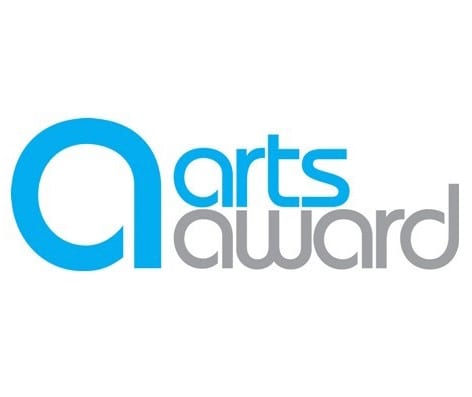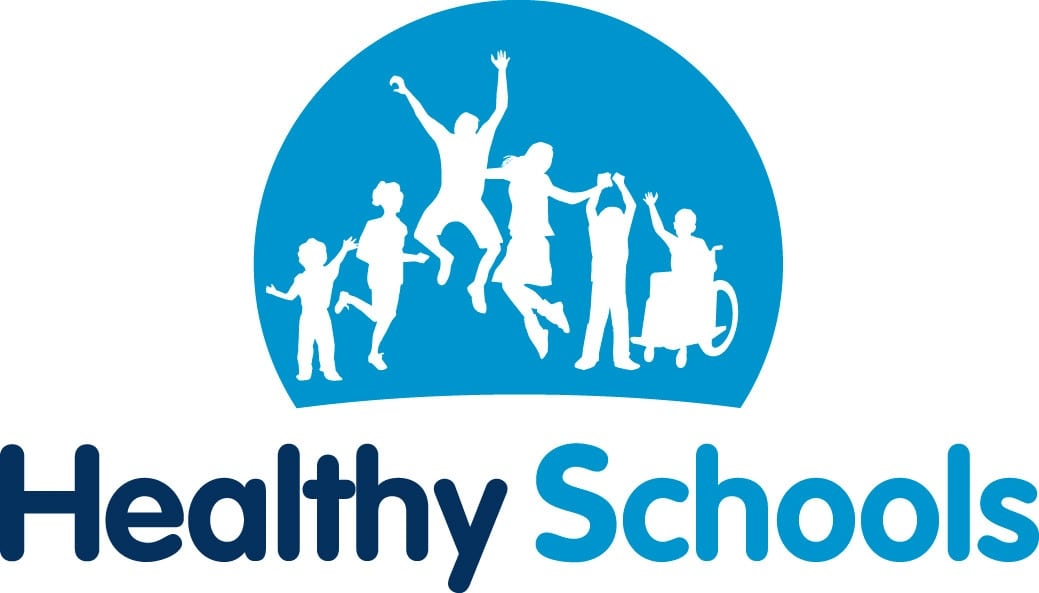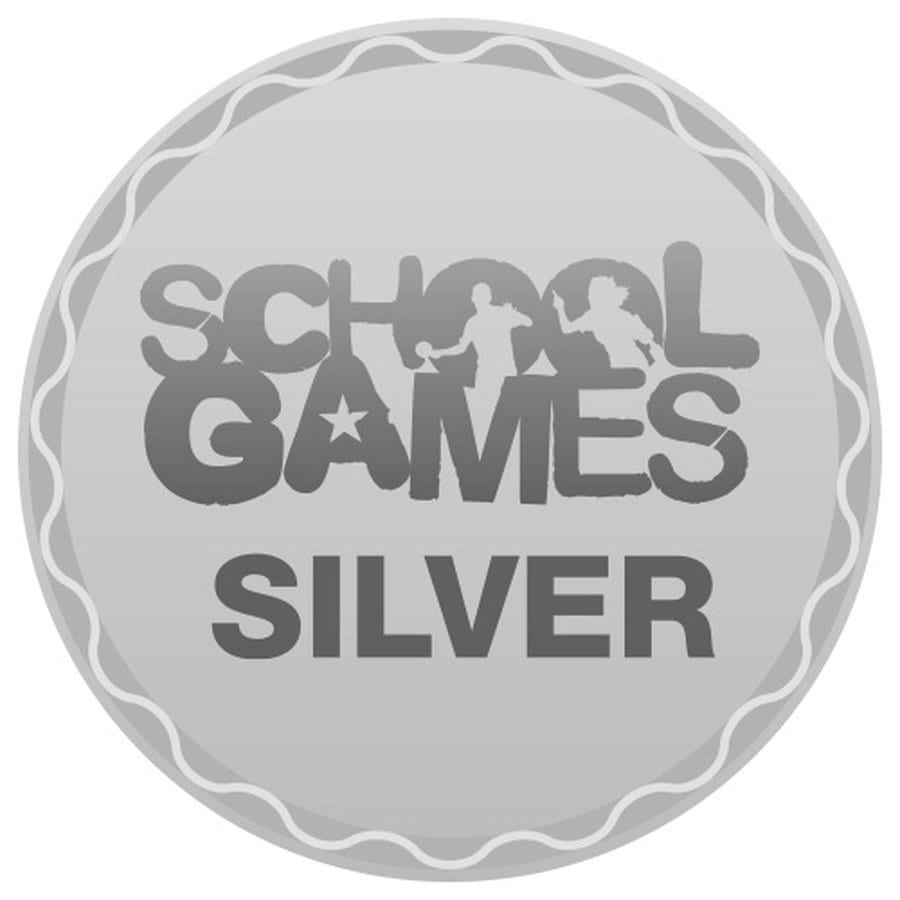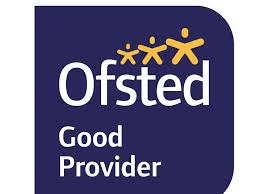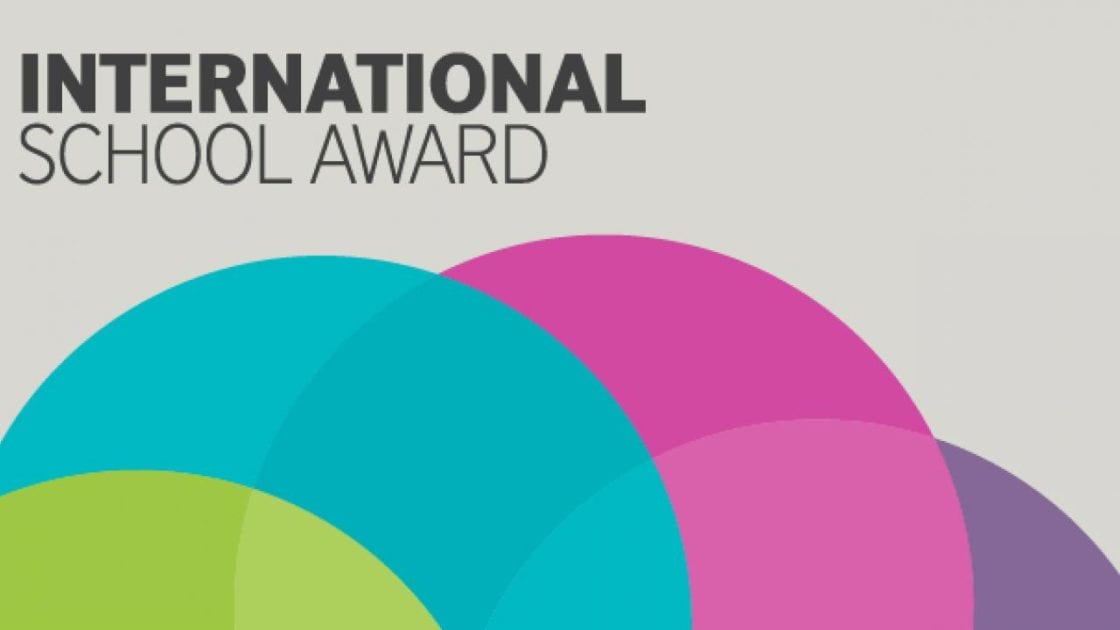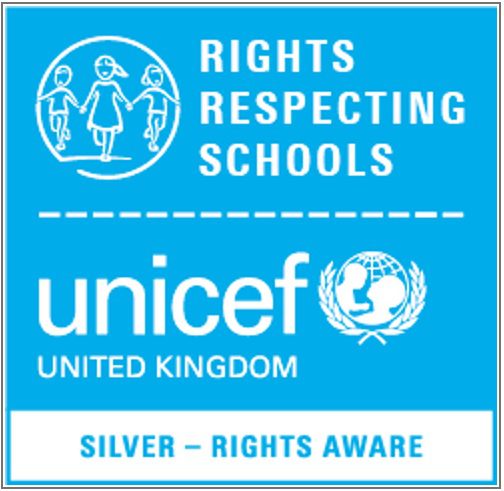SEND Performance Data 2019
Staff throughout the school closely monitor all pupils with a Special Educational Need to ensure that they all make progress whatever their starting points or area of difficulty. The SENCo regularly meets with class teachers to discuss progress of individual pupils and plan action to ensure sustained achievement. Action is carefully coordinated through close partnership and parental engagement.
For information on most recent SEND pupil achievement, please download the below report.
Closing the Gap Report 2019 – Focus on SEN
How We Support SEND
Stanley Crook Primary School prides itself in being very inclusive and will endeavour to support every child regardless of their level of need. All pupils follow the National Curriculum at a level and a pace that is appropriate to their abilities. At times and when it is felt appropriate, modifications to the curriculum may be implemented.
To successfully match pupil ability to the curriculum there are some actions we may take to achieve this:
- Ensure that all pupils have access to the school curriculum and all school activities.
- Help all pupils achieve to the best of their abilities, despite any difficulty or disability they may have.
- Ensure that teaching staff are aware of and sensitive to the needs of all pupils, teaching pupils in a way that is more appropriate to their needs.
- Pupils to gain in confidence and improve their self-esteem.
- To work in partnership with parents/ carers, pupils and relevant external agencies in order to provide for children’s special educational needs and disabilities.
- To identify at the earliest opportunity, all children that need special consideration to support their needs (whether these are educational, social, physical or emotional)
- To make suitable provision for children with SEND to fully develop their abilities, interests and aptitudes and gain maximum access to the curriculum.
- Ensure that all children with SEND are fully included in all activities of the school in order to promote the highest levels of achievement.
- To promote self worth and enthusiasm by encouraging independence at all age and ability levels.
- To give every child the entitlement to a sense of achievement.
- To regularly review the policy and practice in order to achieve best practice.
Types of SEND
At Stanley Crook Primary , we have experience of supporting children and young people with a wide range of need including:
- SEMH – Social, Emotional and Mental Health
- SLTA – Speech and Language Therapy
- SCSS – Sensory and Communication Support Service
- EP – Educational Psychologist
- SLCN – Speech Language and Communication Needs
- MLD – Moderate Learning Difficulties
- SLD – Specific Learning Difficulties
- SED – Social, Emotional Development
- ADHD – Attention Deficit Hyperactivity Disorder
- ASD – Autistic Spectrum Disorder
- CAMHS – Child and Adolescence Mental Health Services
- EAL – English as an Additional Language
- EFL – English as a Foreign Language
- PHYS – Physical/Movement difficulties
The school provides data on the levels and types of need to the Local Authority. This is collected through the school census.
Teaching, Learning and the Curriculum
At Stanley Crook Primary, we believe that inclusive education means providing all pupils with appropriate education and support alongside their peers. The Curriculum is all the planned activities that the school organises in order to promote learning, personal growth and development.
It includes not only the formal requirements of the National Curriculum, but also the range of additional opportunities that the school organises in order to enrich the experiences of our children. Our curriculum also includes the social aspects that are essential for life-long learning.
For further information you can view the Teaching & Learning Policy in the School Policies section of our website.
How we identify and assess children with special educational needs
Most children and young people will have their special educational needs met in mainstream schools through good classroom practice. This is called Quality First Teaching.
At Stanley Crook Primary , we follow a graduated support approach which is called “Assess, Plan, Do, Review”.
This means that we will:
- Assess a child’s special educational needs
- Plan the provision to meet your child’s aspirations and agreed outcomes
- Do put the provision in place to meet those outcomes
- Review the support and progress
As part of this approach, we will produce a SEN Support Plan that describes the provision that we will make to meet a child’s special educational needs and agreed outcomes. Parents and carers will be fully involved in this process.
A small percentage of children and young people with significant learning difficulties might need an assessment that could lead to an Education, Health and Care Plan.
Full details can be found on the Local Offer website.
You can find details of how we adapt the curriculum and make it more accessible for pupils with SEN below:
- The curriculum in our school is designed to be accessed by all children who attend the school. If we think it necessary to modify some children’s access to the curriculum, in order to meet their needs, then we do this only after their parents have been consulted.
- If children have special needs, our school does all it can to meet the individual needs, and we comply with the requirements set out in the SEN Code of Practice (2014).
- If a child displays signs of having special needs, then his/her teacher makes an assessment of this need. In most instances the teacher is able to provide the resources and educational opportunities that meet the child’s needs, within normal class organisation (Quality First Teach).
- If a child’s need is more severe, we consider the child for a statement of special needs, and we involve the appropriate external agencies in making an assessment. We always provide additional resources and support for children with special needs.
- The school provides a Provision Map or Individual Educational Plan (IEP) for each of the children who are on the special needs register. This sets out the nature of the special need, and outlines how the school will aim to address it. The IEP also sets out targets for improvement, so that we can review and monitor the progress of each child at regular intervals.
- In some circumstances the school working with the child and parent/carer produce an EHC plan (Education Health Care plan).
- Some children in our school have disabilities. We are committed to meeting the needs of these children, as we are to meeting the needs of all groups of children within our school. The school complies fully with the requirements of the statutory SEND reforms (2014). All reasonable steps are taken to ensure that these children are not placed at a substantial disadvantage compared to nondisabled children.
- Teaching and learning is appropriately modified for children with disabilities. For example, they may be given additional time to complete certain activities, or the teaching materials may be adapted. We always adhere to the Assess Plan Do Review procedures when working with professionals/child/parent towards EHC plans.
- The school has implemented the recommendations of statutory SEND reforms (2014). Our schemes of work address the diversity of our society, and reflect the National Curriculum programmes of study.
Pupils with SEND are formatively assessed every day by their class teacher or teaching assistant. Pupils are also measured for progress alongside their Pupil Profile targets. These targets are outcome focused and child-centred. The Pupil Profile targets are reviewed AT LEAST half-termly by the class teacher, pupil, parent(s)/carer(s) and SENCo. Every pupil on the SEND register in school is also tracked via the school’s internal monitoring systems to ensure early identification of needs and swift and effective responses to address areas of concern.
Standards Analysis and Step Trackers are completed by each Team every half-term. This data highlights percentages of pupils with SEND who are making/ exceeding expected progress and attainment. The data also identifies individual pupils so that effective support and intervention can be planned to ensure progress within all groups. Data is reviewed by the SENCo and members of the Senior Leadership to ensure effective and appropriate practice and support is in place.
The effectiveness of provision within the school for pupils with SEND is monitored in a number of ways:
- SEND Curriculum Audit
- Annual Monitoring and Review
- Performance Management
- CPD opportunities
- Data and statistical analysis
- Staff meetings
- Senior Leadership meetings
- Planning reviews
- Pupil Profiles
- Work scrutiny
- Talking to pupils with SEND
SEND Register
At Stanley Crook Primary School, 16% of our pupils are on the SEND register. Our current SEND Register is made up of the following:
| Communication & Interaction | 9% |
| Cognition & Learning | 41% |
| Social, Emotional & Mental Health | 64% |
| Sensory & Physical Disabilities | 18% |
Staffing and any Specialist Qualifications/Expertise
If you would like to discuss your SEND requirements in detail please contact the school to arrange an appointment to meet with Mrs Martin, our Special Educational Needs Co-Ordinator.

